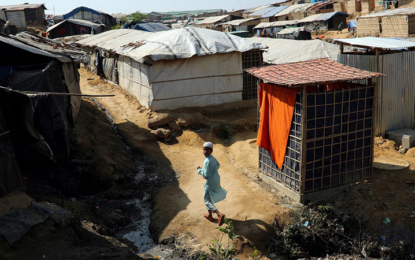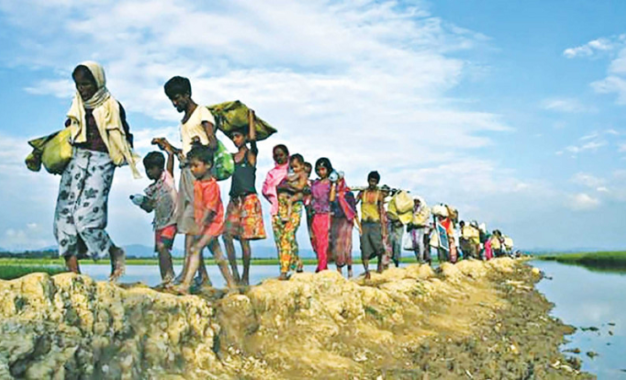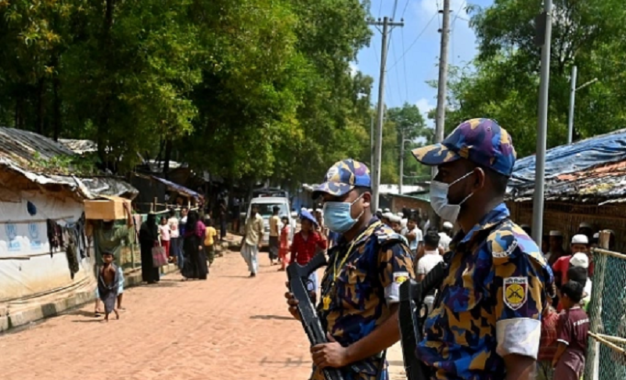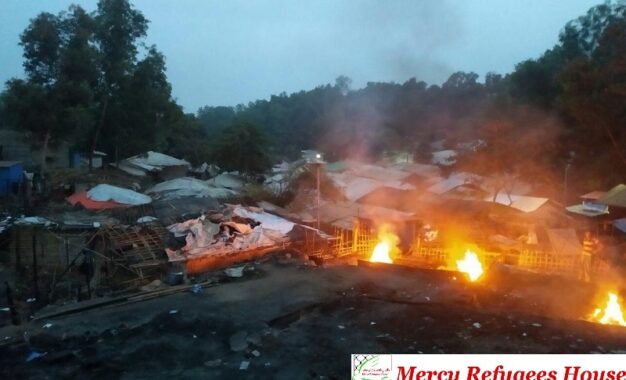Latest News
Far from home, Rohingya refugees face a new peril on a remote island
Bangladesh, Help Refugees, Human Rights, Myanmar, Refugee instruction, Religious Rights

After fleeing a brutal crackdown which left thousands dead in their homeland of Myanmar, the Rohingya are once again under threat.
On the first visit to the island by journalists, the BBC went to investigate what the future holds for the tens of thousands of Rohingya still living in limbo.
It’s been six months since 55-year-old Rashida Khatun has heard from her children. Khatun and her family live in Cox’s Bazar, but in February, before the coronavirus had fully taken hold in Bangladesh, two of Rashida’s children set off on a perilous journey.
Driven by their belief in a better future, her 17-year-old daughter and 22-year-old son boarded a small fishing vessel with two dozen other Rohingya refugees and began the 10-day journey from Cox’s Bazar to Malaysia.
Sitting in her makeshift house of bamboo and plastic, with a white head scarf draped over her head and shoulders, Khatun described how her family fled from their homeland of Myanmar in 2017 after the military attacked her village in Maungdaw and burnt down her house.
Three years ago, a military operation in Myanmar destroyed entire Rohingya Muslim villages. UN investigators say as many as 10,000 people were killed and more than 730,000 Rohingya fled the massacre for Bangladesh. The UN called it a “textbook ethnic cleansing”.
After years of living in temporary shelters, and with no hope of returning to their ancestral homeland, Khatun’s sonand daughter had become desperate to escape the escalating violence and lack of opportunities in the camps.
Amazon Sponsorship
Recent Posts
Jul 29, 2023
It has been close to six years since hundreds of thousands of Rohingya faced a deadly genocide by Myanmar’s military and fled the country in search of protection and refuge in neighbouring Bangladesh. The Rohingya population has been undergoing persecution, discrimination, arbitrary arrests, and atrocities in Myanmar for over seven decades. Their condition is alarmingly […]


















